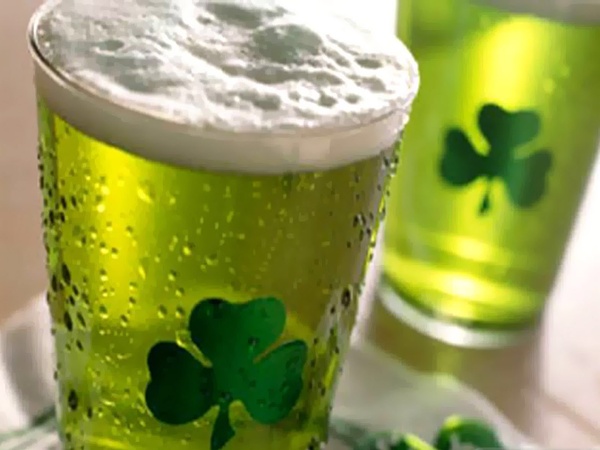
St Patrick’s Day: Are You Putting Your Teeth at Risk?
Are you ready to celebrate that inner Irish in you? St. Patrick’s Day is right around the corner. With it comes clovers and leprechauns, rainbows, pots of gold, kisses, pinches and lots of green! Another familiar factor of the day is green foods and beverages. One highly popular drink is green beer. Before you take your first swig, keep in mind that your frothy beverage might affect your pearly whites.
Tooth decay is a big problem related to alcohol consumption because of the sugars and acids in alcoholic drinks. When these sugars combine with natural bacteria in the mouth they form an acid that attacks enamel, breaking it down. This is especially true when the teeth are constantly exposed to sugars and starches in alcohol without a break.
For heavy drinkers, the damage from drinking can be much higher. Heavy drinking can cause irritation to the gums, tongue and oral tissues, it could produce poor dental habits, increase tooth decay or even increase the risk for gum disease and cancer.
So come March 17th, if you are tempted to reach for a pint of green suds, keep luck on your side by following a few simple guidelines.
Drink in Moderation. If you chose to drink, limit the amount of alcohol you consume. Moderate drinking is defined as drinking that prevents you from getting drunk. The American Heart Association suggests that men should not exceed two drinks a day and women should not exceed one drink a day. (A drink is one 12 oz. beer, 4 oz. of wine, 1.5 oz. of 80-proof spirits, or 1 oz. of 100-proof spirits.)
Stay Hydrated. Alcohol dehydrates you. When you are dehydrated, you have less saliva in your mouth. Saliva is a powerful tool in reducing cavities and slows the damage caused by sugars in the alcohol. Drinking water during and after alcohol consumption will help keep you hydrated, dilute the acid and slow the process of tooth decay.
Brush Your Teeth. If you have been drinking, be sure to brush your teeth when you get home. It is a good idea to wait at least 30 minutes before brushing your teeth. If you brush too soon after consuming alcohol, it could damage your teeth since the acid in the alcohol softens the enamel of your teeth.
Leave a reply →